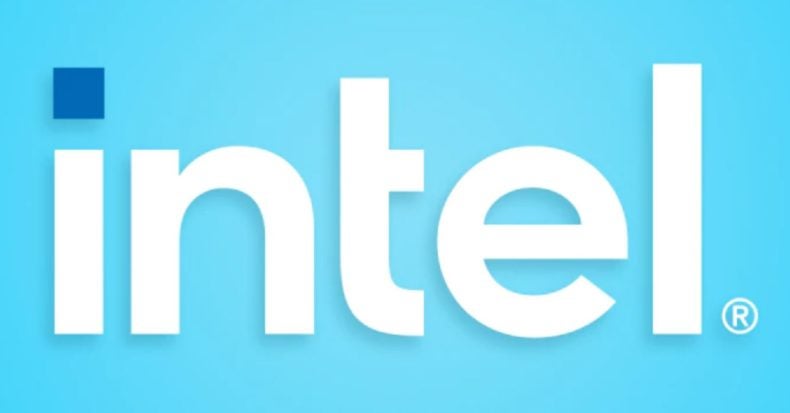I was wondering if that is being considered for then next board meeting? What would it take? Is it even possible? Would it help Intel?
I googled around and found this article:
Going Private May Be the Best Option for Intel
Roughly a decade ago, Michael Dell had much the same problem. He needed to fix Dell and he knew that he couldn’t do it while Dell was public. So he took the company private, which gave him the time he needed to fix what had to be fixed, and then he creatively took the company public again so he could again access the investor pool of money and use shares and options for employee retention (which is often problematic for a private company).
To accomplish what Gelsinger needs to get done, he may need to take Intel private. Fortunately, he knows Michael Dell well, and I’m sure Dell would step up to help given that Dell is tied at the hip to Intel. Should Gelsinger be forced out, the result for Dell would not be good (the two CEOs get along well and I know Dell appreciates what Gelsinger is trying to do).

 www.internetnews.com
www.internetnews.com
I googled around and found this article:
Going Private May Be the Best Option for Intel
Roughly a decade ago, Michael Dell had much the same problem. He needed to fix Dell and he knew that he couldn’t do it while Dell was public. So he took the company private, which gave him the time he needed to fix what had to be fixed, and then he creatively took the company public again so he could again access the investor pool of money and use shares and options for employee retention (which is often problematic for a private company).
To accomplish what Gelsinger needs to get done, he may need to take Intel private. Fortunately, he knows Michael Dell well, and I’m sure Dell would step up to help given that Dell is tied at the hip to Intel. Should Gelsinger be forced out, the result for Dell would not be good (the two CEOs get along well and I know Dell appreciates what Gelsinger is trying to do).

Gelsinger May Need To Take Intel Private to Execute on Strategy | Internet News
Gelsinger's vision for Intel is a good one, and if Wall Street won't give him the space to carry it out, Intel should go private.


